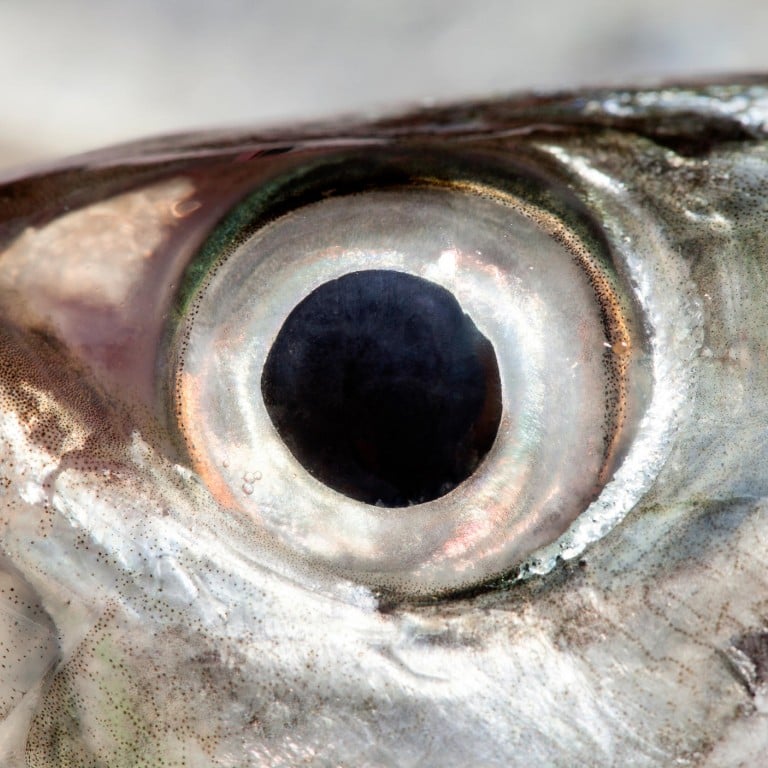
It's a myth, you won't see better by eating fish eyes
By all means eat fish, as well as leafy vegetables and egg yolks, to maintain eye health and eyesight, as they are rich in anti-oxidants, but fish eyes contain nothing special
No
regular consumption of fatty fish is generally understood to be good for eyesight. However, the same cannot be said for fish eyes. Sally Poon, a registered dietitian from Private Dietitian, says there is no evidence to suggest fish eyes contain any important nutrients.
If you want to prevent deteriorating eyesight and maintain the health of your eyes, you should follow a balanced and antioxidant-rich diet. Nutrients for healthy eyes include lutein and zeaxanthin, vitamins C and E, and omega-3 fatty acids.
"Lutein and zeaxanthin are abundant in leafy greens, like spinach, kale, turnip greens, broccoli, and collards," she says. "A study published in the [now known as ] found that a high intake of these antioxidant carotenoids reduced the risk of cataracts by 18 per cent."
Egg yolks, too, are rich in lutein. A study in the revealed that eating one egg a day can increase levels of both lutein and zeaxanthin in the bloodstream. The researchers found that lutein levels increased by 26 per cent, and zeaxanthin levels by 38 per cent during the weeks that participants consumed one egg per day.
"The research team also noted that adding a daily egg to participants' diets did not increase total, LDL ['bad'], or HDL ['good'] cholesterol or triglycerides an important fact for those who are still wary of eating eggs," Poon says.

Vitamin C, found in citrus fruits, red bell peppers, strawberries, broccoli and Brussels sprouts, has been shown to keep the eyes healthy by protecting against UV damage caused by the sun. Vitamin E, found in sunflower oil, peanut butter, wheat germ and almonds, may help prevent cataracts and age-related macular degeneration.
Poon says adults who follow a Mediterranean-style diet - which is high in omega-3 fatty acids - have a much lower risk of macular degeneration.
"Results from a study performed by researchers at the University of Sydney showed that people who ate one serving of fish per week had a 31 per cent lower risk of early signs of age-related macular degeneration," she explains. "In addition, those who ate one to two servings of nuts rich in omega-3 fatty acids had a 35 per cent lower risk of developing the disease."
It is thought that omega-3 fatty acids protect the eyes by preventing the build-up of plaque in the arteries or by reducing inflammation in the retina.
So, forget the fish eyeballs and just eat fish. Fatty fish, in particular, is rich in omega-3 fatty acids. Two 100 gram servings of cooked fish or ¾ cup of flaked fish a week are ideal.
"Enjoy your fish baked or grilled, not fried," Poon adds. "And choose low-fat, low-sodium seasonings like spices, herbs, and lemon juice."

